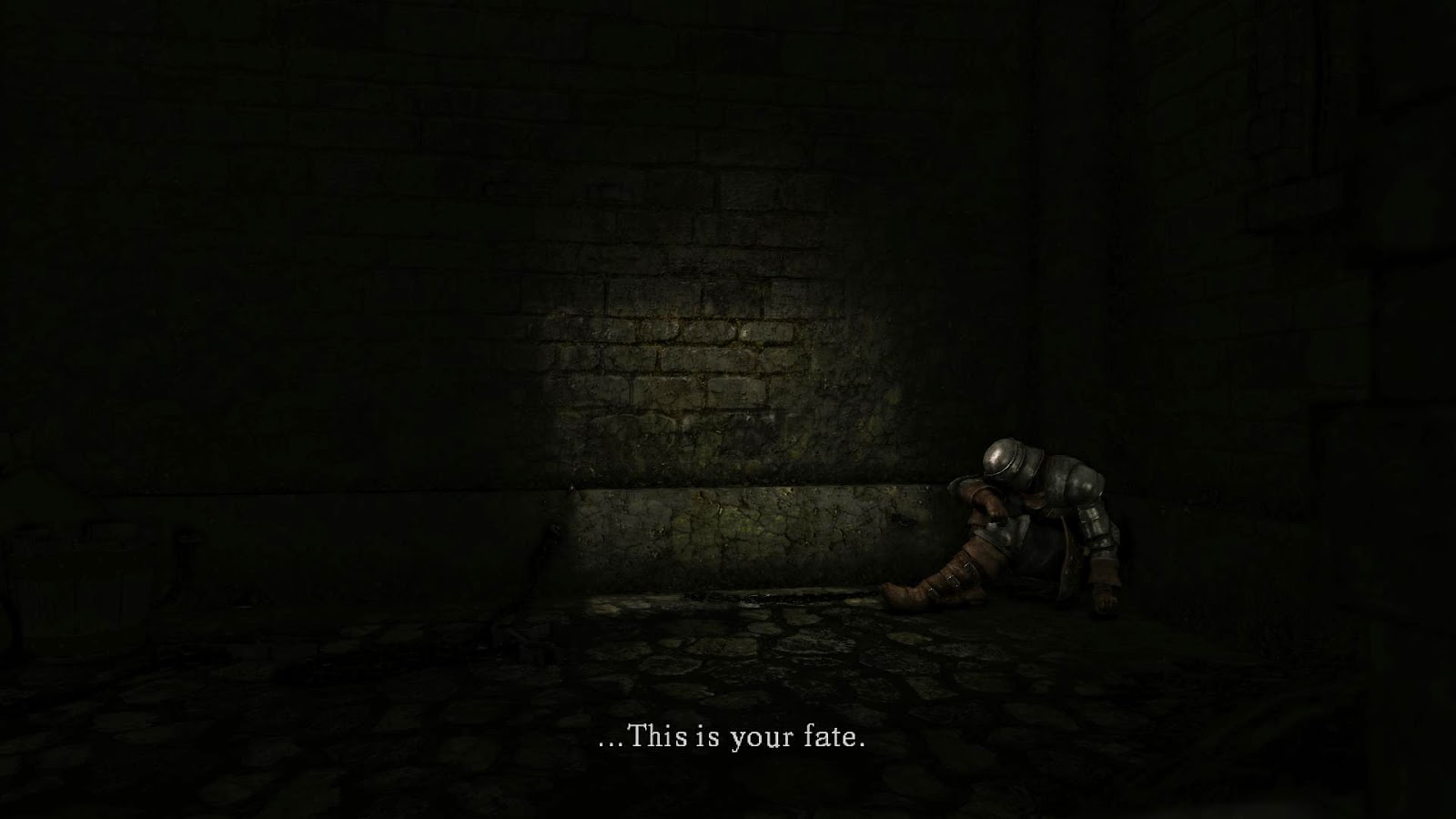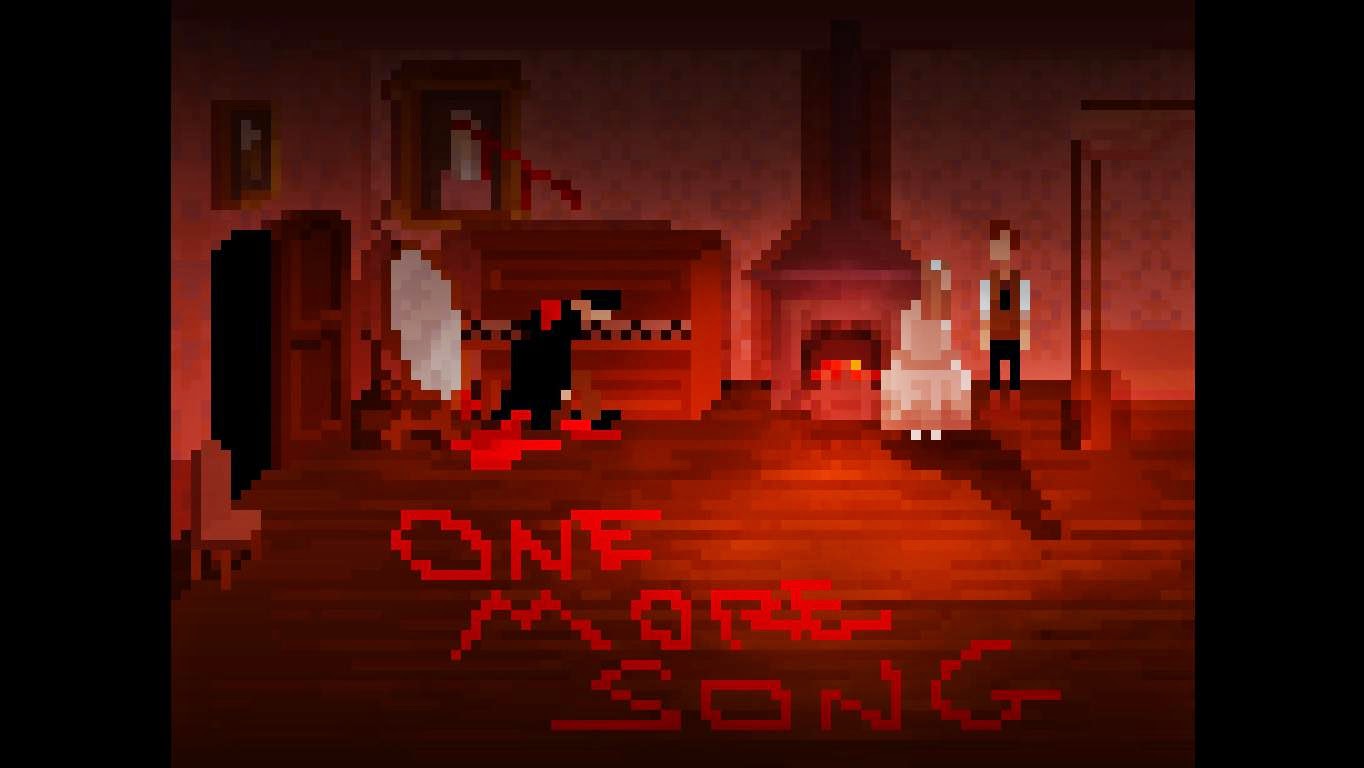This is the fourth round of Pic of the day RECAP (16-20). To understand what all of this is about, check out the original entry.

The stars were right. Is he referring to those who are famous and popular or to those massive celestial bodies? For those like me who have an open definition of agency, which includes humans and non-human as agents alike, it may get confusing sometimes. It doesn't matter, though. At least in this case. The important thing is the certainty of his discourse: this is the day. I hope I have his aplomb when my time comes. Nothing is perpetual. In the end, the stars were right and they know from experience: even the brightest star, earthly or celestial, will eventually fade.
17 - Dead Island: Give Way

"Change is always difficult," we say to ourselves. It can be difficult, indeed, but it happens all the time. Stability and solidity are mere contingent outcomes of the constant flow of change. Very real, but perishable. At the crossroads of times we are impelled to think fast and act quicker. Bob Dylan already warned us: "Your old road is / Rapidly agin' / Please get out of the new one / If you can't lend your hand". Times they are a changing and the end is nigh. Are you willing to change? If not, please, give way.
18 - Super Meat Boy: Press start
19 - Deadlight: Everybody reacts to fear differently

Everybody reacts to fear differently. That's true, but everybody reacts to everything in different ways. It always is, it always has been. Will it be? Sure. However, fear is a strong feeling and the reactions can be extreme. "I'll kill you, freaks!" we can read on the wall. It's not surprising at all. Otherness is what we fear the most. Remember, with the proper mediations even your neighbour, the person who sits next to you or yourself might be turned into a freak, an outsider, an alien. And then fear. And then reactions.
20 - The Witcher: An edifying tale...

Geralt of Rivia is being polite by describing as edifying the story he has just heard. In fact, this can be read as a meta-reference to this very section on this blog. If his words were subjected to translation, I would say he means the following: "I've been reading your digressions about video games and sociology, and I've come to the conclusion that they're just gibberish wrapped in a pretentious inane discourse". But Geralt doesn't want to sound impolite, so he says that my section is an edifying tale. All these years delving deeper into the mysteries of deconstruction, destabilising the hegemonic narratives and learning the arts of articulating heterogeneous elements, and he concludes that the section is "edifying" pretending to be polite. If you wanted to be polite, you could have used plenty of adjectives. Anything but "edifying", Geralt. Anything.
Previous entries:
16 - The Elder Scrolls: Oblivion: The stars were right, and this is the day

The stars were right. Is he referring to those who are famous and popular or to those massive celestial bodies? For those like me who have an open definition of agency, which includes humans and non-human as agents alike, it may get confusing sometimes. It doesn't matter, though. At least in this case. The important thing is the certainty of his discourse: this is the day. I hope I have his aplomb when my time comes. Nothing is perpetual. In the end, the stars were right and they know from experience: even the brightest star, earthly or celestial, will eventually fade.
17 - Dead Island: Give Way

"Change is always difficult," we say to ourselves. It can be difficult, indeed, but it happens all the time. Stability and solidity are mere contingent outcomes of the constant flow of change. Very real, but perishable. At the crossroads of times we are impelled to think fast and act quicker. Bob Dylan already warned us: "Your old road is / Rapidly agin' / Please get out of the new one / If you can't lend your hand". Times they are a changing and the end is nigh. Are you willing to change? If not, please, give way.
18 - Super Meat Boy: Press start
Is there something more game-like that the "press start" imperative? Maybe the dreary "game over" sentence. The alpha and omega of video games. It's interesting because they don't command you to just "start". Video games clearly state that you have to press start, as if you had to put pressure on the video game to make it into existence. Someone might point out that the "button" word is implied. I don't like taking things for granted. There is a negotiation between you, the player, and it, the video game. Once you press start, it's like signing a contract. Your relationship, even if it doesn't last more than five minutes, will change both of you irreversibly.
19 - Deadlight: Everybody reacts to fear differently

Everybody reacts to fear differently. That's true, but everybody reacts to everything in different ways. It always is, it always has been. Will it be? Sure. However, fear is a strong feeling and the reactions can be extreme. "I'll kill you, freaks!" we can read on the wall. It's not surprising at all. Otherness is what we fear the most. Remember, with the proper mediations even your neighbour, the person who sits next to you or yourself might be turned into a freak, an outsider, an alien. And then fear. And then reactions.
20 - The Witcher: An edifying tale...

Geralt of Rivia is being polite by describing as edifying the story he has just heard. In fact, this can be read as a meta-reference to this very section on this blog. If his words were subjected to translation, I would say he means the following: "I've been reading your digressions about video games and sociology, and I've come to the conclusion that they're just gibberish wrapped in a pretentious inane discourse". But Geralt doesn't want to sound impolite, so he says that my section is an edifying tale. All these years delving deeper into the mysteries of deconstruction, destabilising the hegemonic narratives and learning the arts of articulating heterogeneous elements, and he concludes that the section is "edifying" pretending to be polite. If you wanted to be polite, you could have used plenty of adjectives. Anything but "edifying", Geralt. Anything.
Previous entries:





























